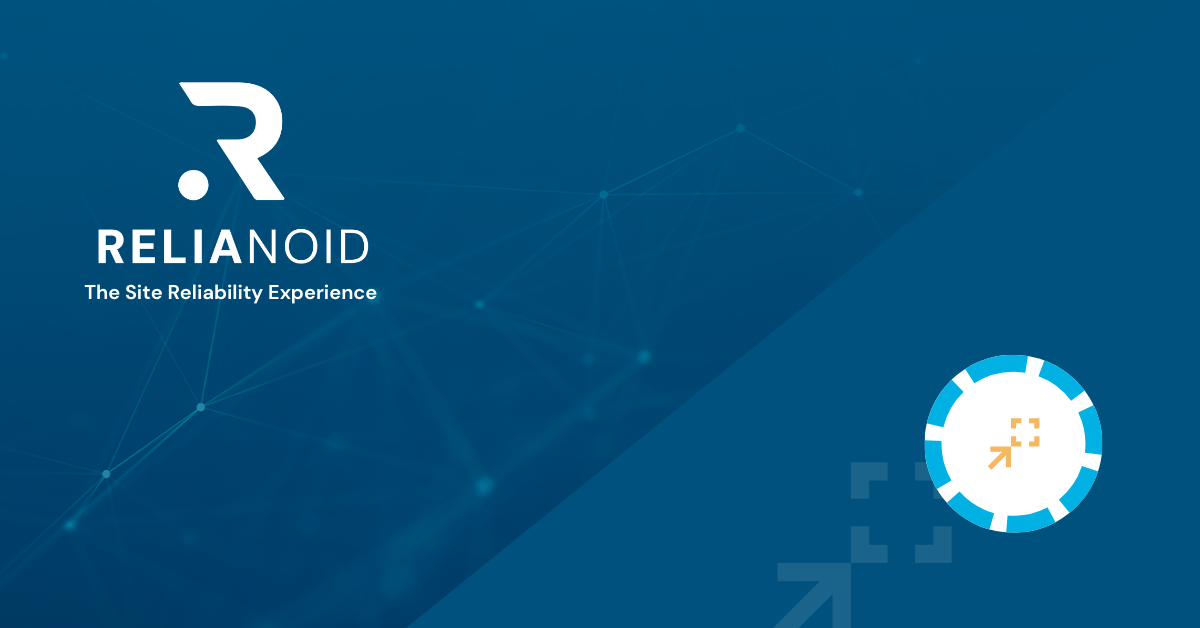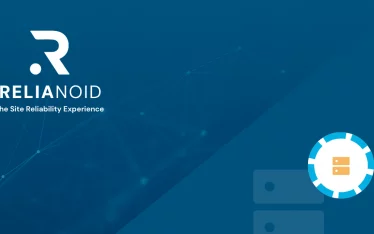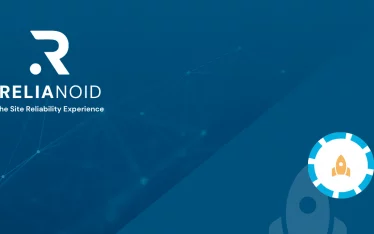For heightened security and optimal data encryption, effective October 31, 2024, Microsoft mandates that interactions with Azure services must be secured using Transport Layer Security (TLS) 1.2 or later. This aligns with the discontinuation of support for TLS 1.0 and 1.1.
While the Microsoft implementation of older TLS versions is not currently identified as vulnerable, TLS 1.2 and later boast enhanced security features such as perfect forward secrecy and robust cipher suites.
Recommended Course of Action
To prevent potential service disruptions, ensure that your resources interfacing with Azure services are configured to use TLS 1.2 or a later version. To know that, you can use this recipe about discovering unsecure TLS connections to your services from any Linux server.
If your resources are already exclusively utilizing TLS 1.2 or later, no further action is required.
If there is still a dependency on TLS 1.0 or 1.1, initiate the transition to TLS 1.2 or a later version by October 31, 2024. This proactive step will help maintain seamless operations and uphold the highest standards of security.
Microsoft’s current TLS 1.0 implementation
Microsoft’s current TLS 1.0 implementation is devoid of known security vulnerabilities. Despite this, due to the potential for future protocol downgrade attacks and other vulnerabilities associated with TLS 1.0, it is advisable to eliminate dependencies on all security protocols older than TLS 1.2 where feasible (including TLS 1.1/1.0/SSLv3/SSLv2).
In preparing for the migration to TLS 1.2 and beyond, developers and system administrators should be mindful of the potential existence of protocol version hardcoding in applications developed by their employees and partners. Here, hardcoding refers to fixing the TLS version to an outdated one, less secure than newer versions. Without modifying the program in question, TLS versions newer than the hardcoded version cannot be employed. This issue falls into a category that necessitates source code changes and software update deployment.
It’s important to note that protocol version hardcoding was once widespread for testing and supportability purposes, given the varied levels of TLS support across different browsers and operating systems in the past.
Harden Azure TLS services with RELIANOID ADC
RELIANOID is a powerful application delivery controller (ADC) that offers robust features for enhancing the security of TLS services. When it comes to hardening TLS services with RELIANOID, one key aspect is its support for the latest TLS protocol versions and ciphers. RELIANOID enables administrators to configure TLS settings, ensuring that only strong cryptographic algorithms are utilized and that older, less secure protocols are disabled. This proactive approach helps protect against known vulnerabilities and ensures that the communication between clients and servers remains resilient to potential attacks.
Furthermore, RELIANOID provides advanced features such as SSL/TLS offloading, which can significantly enhance the performance and security of web applications. By offloading the SSL/TLS decryption process to the RELIANOID ADC, the backend servers can focus on processing application logic without the burden of cryptographic operations. This not only improves overall system performance but also centralizes SSL/TLS management, making it easier to enforce security policies consistently. Additionally, RELIANOID’s comprehensive logging and monitoring capabilities enable administrators to closely track SSL/TLS traffic, identify potential threats, and respond swiftly to any security incidents.
Final considerations
Addressing TLS 1.0 dependencies is a multifaceted challenge that requires comprehensive efforts. Microsoft, in collaboration with industry partners, is actively tackling this issue to enhance the overall security posture of our entire product stack. This initiative spans from our operating system components and development frameworks to the applications and services built upon them.
In summary, leveraging RELIANOID for TLS service hardening involves configuring robust encryption standards, utilizing SSL/TLS offloading, and harnessing monitoring tools to ensure a secure and high-performance application delivery environment. These challenges can be easily addressed with RELIANOID ADC Load Balancer for Enterprise.
Enjoy the Site Reliability Experience.



